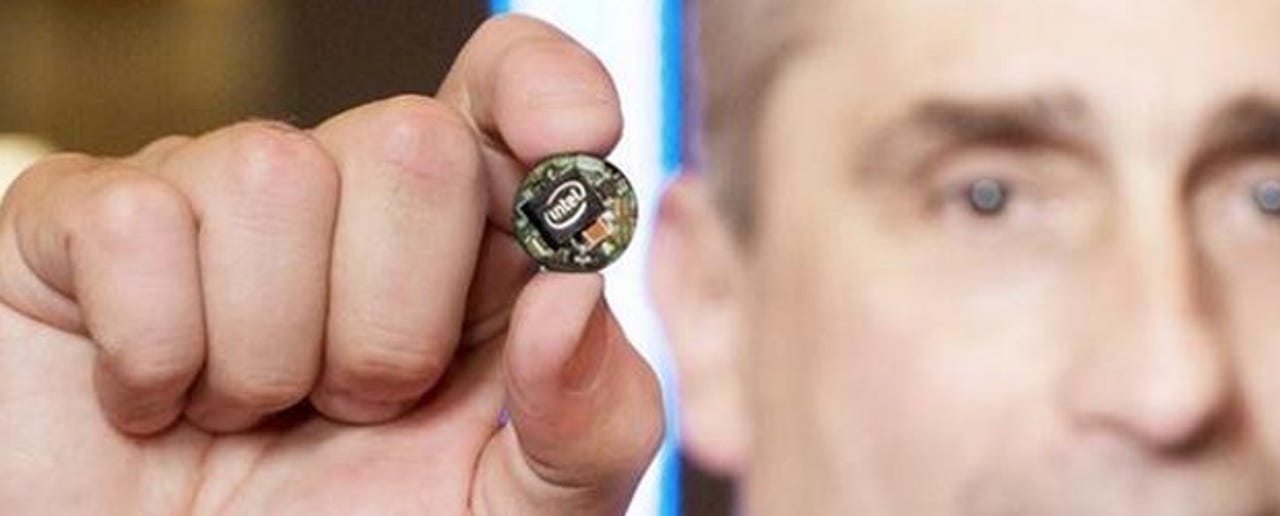CES 2016: Intel continues with plans to ensure portfolio is conflict-free in 2016


LAS VEGAS---Intel has repeatedly highlighted efforts to eradicate conflict-tainted materials from its chips for several years now.
More CES 2016
The processor maker provided a brief update on that front amid CEO Brian Krzanich's keynote at the Consumer Electronics Show on Tuesday evening.
Making what has been a seven-year process look like baby steps, Intel stressed it is moving beyond microprocessors to ensure the tech giant's broader product base is entirely conflict-free this year.
This specifically means the removal of four conflict-affected minerals (gold, tin, tantalum, and tungsten) from its supply chain while also preventing profits from funding the conflict in the Democratic Republic of the Congo (DRC).
By taking a stand on this issue, Intel also stressed it hopes to influence other tech companies and supply chain partners to go conflict-free as well.
Also read on TechRepublic: How conflict minerals funded a war that killed millions, and why tech giants are finally cleaning up their act
Nevertheless, the public service announcement might have come across as just an afterthought as Intel put some much more consumer-friendly developments in the spotlight at The Palazzo Ballroom last night.
Using the ubiquitous Internet of Things as the foundation, Intel plans to focus on the following three markets this year: sports and gaming; health and wellness; and creativity.
Krzanich noted Intel will be heavily relying on collaborations with experts in other industries. For example, Intel is working with ESPN to showcase how its processor Curie -- specifically designed for powering wearables -- will be integrated into the Men's Snowboard Slopestyle and Men's Snowboard Big Air competitions at the 2016 X Games in Aspen on January 28.
New Balance has also committed to use Intel's RealSense technology in its running shoes, which will feature customized 3D-printed midsoles when they launch in the United States this April. New Balance and Intel are also developing a smart sport watch expected to be available by the 2016 holiday season.
New Balance CEO and president Robert DeMartini posited during the keynote that the vision here - at least with the 3D-printed shoes - is to see them produced not only in stores but also by consumers themselves in their own homes.